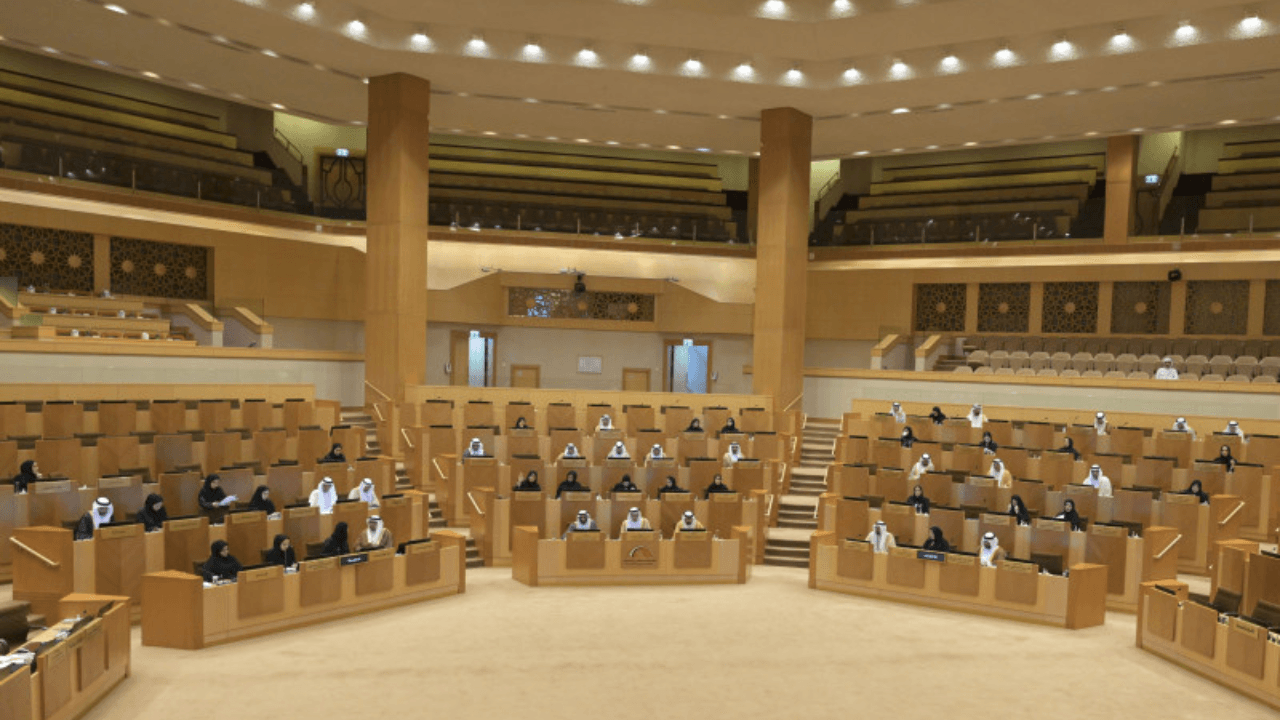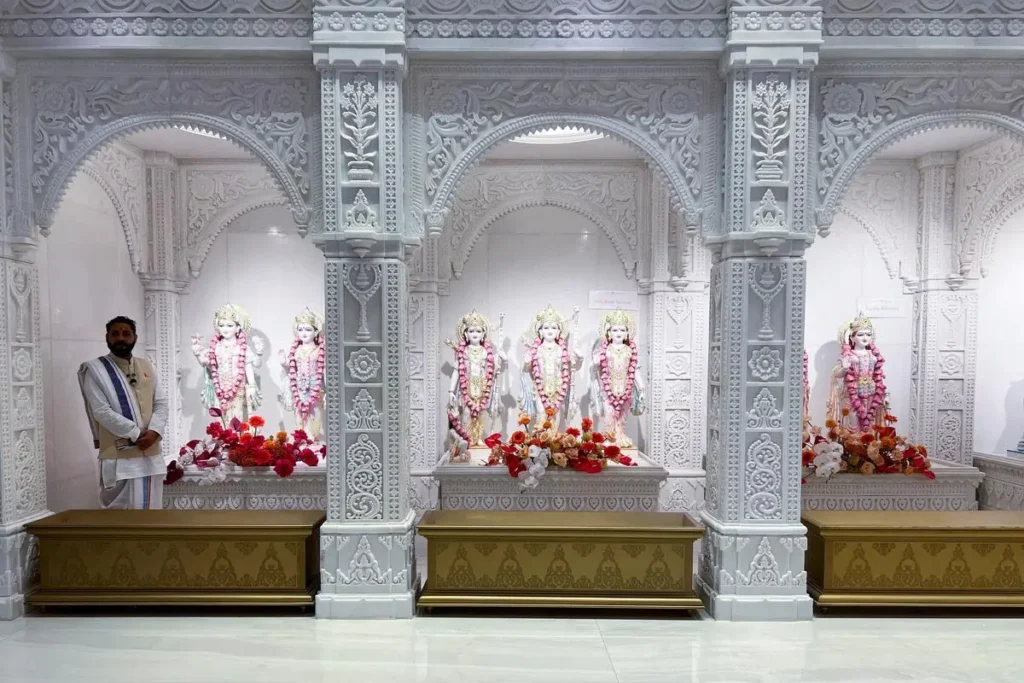Abu Dhabi, May 8, 2025 –The law in the UAE has made some clear-cut provisions for places of worship in terms of the licensing requirements for non-Muslim founders. This step is taken to promote tolerance and coexistence so that all groups of one religion can practice their faiths in an ordered and harmonious environment.
UAE Law for Places of Worship
The UAE law for places of worship is aimed at regulating the establishment and operation of places of worship for non-Muslims across the country. Places of worship include all places of worship and rooms in free zones. The objective of the law is the inculcation of tolerance and mutual respect among the different communities that inhabit the Emirates. It creates a legal framework to guarantee freedom in religion while maintaining public order and social harmony.
Licensing Criteria for Non-Muslim Founders
The UAE law for places of worship prescribes conditions that founders need to meet to establish new places of worship for non-Muslims. Under the main licensing criteria, the founders must:
- They have to be members of the religion, sect, or belief that they seek to be licensed for, submitting a sworn declaration attesting to their faith.
- Each founder must have lived in the UAE for a minimum of five years before applying for the license.
- They must be persons of good conduct and reputation who have not been convicted of crimes involving dishonor or breach of trust, except to the extent of having been rehabilitated.
- Recommendation certificates from the parent house of worship, as determined by the committee, shall be provided.
- Founders must not be diplomats.
- Proof of financial ability is necessary to cover the costs of setting up and accounting for the operating expenses of the place of worship.
- All founding members are to execute the bylaws of the house of worship and provide personal documentation, including passports, Emirates IDs, and police clearance certificates.
- The place of worship has to be of a faith, sect, or belief recognized by the committee constituted by the CABINET OF THE UAE.
- The licensing process includes submitting the plan and ownership deed of the property, the estimated number of worshippers, and a draft budget for construction and operation.

The body competent to accept or reject examines each and every single document submitted to it and gives a preliminary approval within 60 days. Upon requirement fulfillment, a final license is then bestowed upon the place of worship and recognizes its status in accordance with UAE law.
Oversight and Compliance under UAE Law for Places of Worship
According to the UAE law for places of worship, it is mandatory that every licensed place open an account with a local bank for the transparent management of any funds pertaining to their local projects. Each place of worship must function through a council that represents it in all undertakings and ensures compliance with its rules.

The law forbids the use of places of worship for anything other than their designated functions or for defamation of any other religion. The violators shall be penalized with a monetary fine ranging from AED 100,000 to AED 3 million. Judicial officers shall have the power to implement the UAE Law for Places of Worship while optionally investigating breaches.
Existing places of worship have to be aligned with the new UAE law within the framework of the places of worship within six months of the enactment of the executive regulations. This period can, however, be extended for a period of up to two years, if needed.
Promoting Tolerance Through Regulation
The UAE law for places of worship stands as a manifestation of the country’s commitment to nurturing an attitude of tolerance and inclusiveness. By providing a clear set of licensing criteria for non-Muslim founders, the law guarantees that all religious groups will have the right to construct and operate in licensed places of worship in a safe and regulated manner. This legal framework enables peaceful coexistence as envisioned by the UAE among its multicultural population and further enhances the establishment of the country as a home for diversity and religious freedom.

The regulations established alongside the UAE Law for Places of Worship represent a momentous stride toward giving protection to religious freedoms while promoting respect and harmony within the Emirates.
Also Read: Disneyland in Abu Dhabi Set to Transform Middle East Tourism














